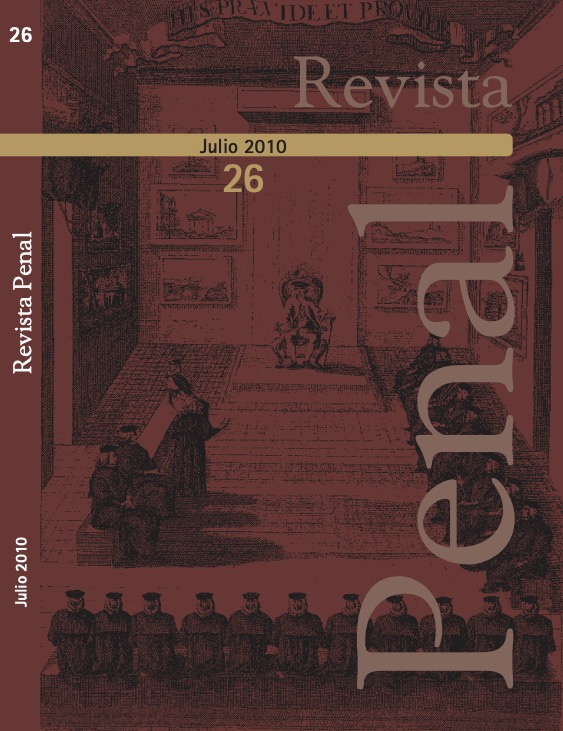¿Qué significa la «intención de destruir» en el delito de genocidio?
DOI:
https://doi.org/10.36151/Keywords:
genocide, intent, intent to destroy, participation in genocideAbstract
Genocide is a crime with a double mental element, i.e., a general intent as to the underlying acts and an ulterior intent with regard to the ultimate aim of the destruction of the group (infra I.). The prevailing view in the case law interprets the respective «intent to destroy» requirement as a special or specific intent (dolus specialis) stressing its volitional or purpose-based tendency (II. 1.). While this view has been followed for a long time in the doctrine without further ado, it has recently been challenged by knowledge and structure-based approaches (II. 2.) which have not received sufficient attention. A historical, literal, systematic and teleological interpretation of the «intent to destroy» requirement, taking into account the particular structure of the genocide offence and the meaning of «intent» in comparative law, reveals that the traditional view cannot longer be maintained. It should be replaced by a combined structure- and knowledge-based approach distinguishing according to the status and role of the (low-, mid- and top-level) perpetrators (II.3.). In the result, the purpose based intent should only be upheld with regard to the top- and mid-level perpetrators while for the low-level perpetrators knowledge of the genocidal context should suffice. This new approach finally makes a fresh look at the «intent to destroy» requirement in cases of participation in genocide necessary (III.).



